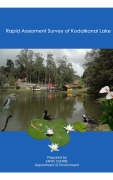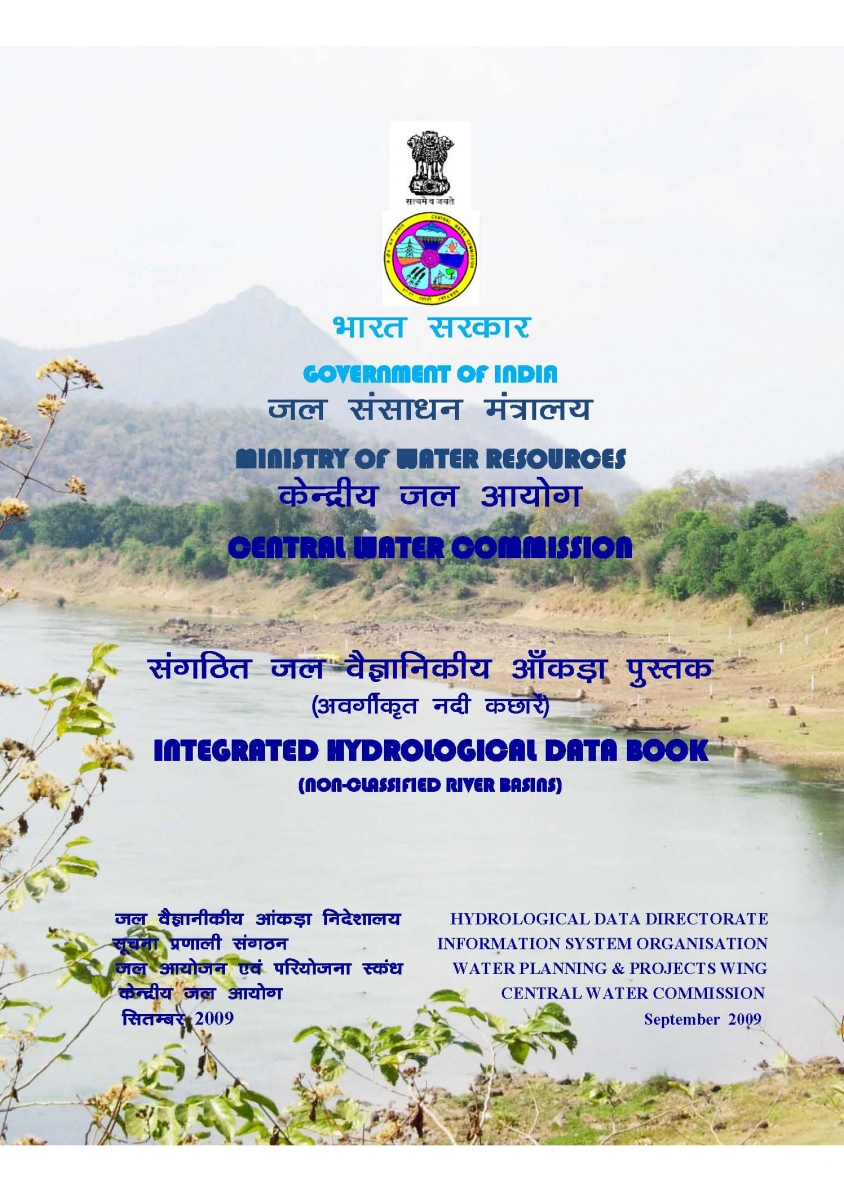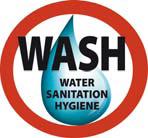Water Management
Deaths due to water pollution
Posted on 02 Aug, 2010 02:38 PMDeaths due to water pollution occur mainly as a consequence of drinking of contaminated water. The common diseases caused by consumption of contaminated water are Cholera, Viral Hepatitis, Enteric Fever (Typhoid) and Acute Diarrhoeal Diseases (ADD).
The number of deaths reported State-wise on account of Cholera, Viral Hepatitis, Enteric Fever (Typhoid) and Acute Diarrhoeal Diseases (ADD) for the years 2007, 2008 and 2009 are given in Annexure – I-III.
World Water Week 2010
Posted on 02 Aug, 2010 02:05 PM
The World Water Week in Stockholm is the annual meeting place for the planet’s most urgent water-related issues. Organised by the Stockholm International Water Institute (SIWI), it brings together experts, practitioners, decision makers and leaders from around the globe to exchange ideas, foster new thinking and develop solutions.
European Union Water Project 2010
Posted on 02 Aug, 2010 12:21 PMContent and Image Courtesy: European Commission

The European Union (EU) has a long-standing relationship and cooperation with civil society organisations as well as with local and decentralised authorities in the field of development. It is part of the EU's commitment to fight poverty, to promote the rule of law and to adhere to fundamental freedoms set out in Article 21 of the Treaty on the European Union.
India WASH forum e-newsletter - Update 13 July 2010
Posted on 02 Aug, 2010 11:56 AMWe see this newsletter as a platform for independent credible voice in the water and sanitation sector. Our emphasis is on bringing together critical news and information with analysis. In this issue we share news and analysis on topical issues and developments.
The Department of Drinking Water and Sanitation(DDWS) has simultaneously invited inputs to Discussion Papers on Drinking Water and Sanitation, circulated on Solution Exchange. Inputs given by India WASH Forum, on this, is enclosed in this Update. We have pointed out the missing elements of sanitation improvement strategy that include, criticality of providing water as an inseparable component to household sanitation, the tendency to see behavior change as a lifestyle issue and not linked to the hardware components, peoples livelihoods and living conditions. Suggestions for what needs to be done to strengthen the implementation mechanism of the flagship sanitation programme(TSC) and partnerships.
Rapid assessment survey of Kodaikanal lake - ENVIS Centre (TN) (2009)
Posted on 02 Aug, 2010 02:02 AM This document by the Department of Environment, Government of Tamil Nadu highlights the importance of the Kodaikanal lake as an important tourist destination and warns that this freshwater lake is under the threat of getting polluted and its biodiversity endangered.
This document by the Department of Environment, Government of Tamil Nadu highlights the importance of the Kodaikanal lake as an important tourist destination and warns that this freshwater lake is under the threat of getting polluted and its biodiversity endangered.
The document presents the findings of the study that aimed at assessing the physico-chemical and biological quality of the Kodaikanal lake.
Evidence indicates that unrestricted tourism activities have led to high use of plastic bottles, glass bottles, plastic bags, causing high levels of pollution and silting of the lake. Damaged fibreglass boats left inside the lakes also pose a serious threat to the lake ecosystem.
Decentralisation and water resources management in the Indian Himalayas: The contribution of new institutional theories - Conservation and Society paper
Posted on 02 Aug, 2010 01:31 AMThis paper discusses the relevance of the process of decentralisation in water resources management. The paper argues that decentralisation is not about formulating a top-down reform package to transfer power from central government to other actors to manage water resources, nor is it about emphasising the existence of the bottom up agency.
Rather, the paper draws on "New Institutionalism" and argues that decentralisation is a complex adaptive process that involves natural as well as political actions of actors and agents who draw on existing structures to negotiate and renegotiate the existing unequal power relations to manage water.
Salvaging and scapegoating: Slum evictions on Chennai’s waterways - EPW paper
Posted on 02 Aug, 2010 01:03 AMThe paper highlights the case of recent projects that have been planned on the river Cooum in Chennai.
Integrated Hydrological and Water Data Books - Central Water Commission (2005-09)
Posted on 01 Aug, 2010 12:52 AM Integrated Hydrological Data Books are a compendium of important hydrological information of twelve non-classified basins (i.e., other than Ganga and Brahmaputra) consolidated at the national level by the Central Water Commission (CWC).
Integrated Hydrological Data Books are a compendium of important hydrological information of twelve non-classified basins (i.e., other than Ganga and Brahmaputra) consolidated at the national level by the Central Water Commission (CWC).
It covers basic hydrological data on gauge, discharge, silt, sedimentation and water quality collected on a regular basis by the CWC regional field offices, who document it in the form of a Water Year Book, Sediment Year Book and Water Quality Year Book. These along with the relevant land use statistics collected by the Ministry of Agriculture are integrated into this Data Book.
The information is of use to planners, researchers, policy makers and the public at large.








